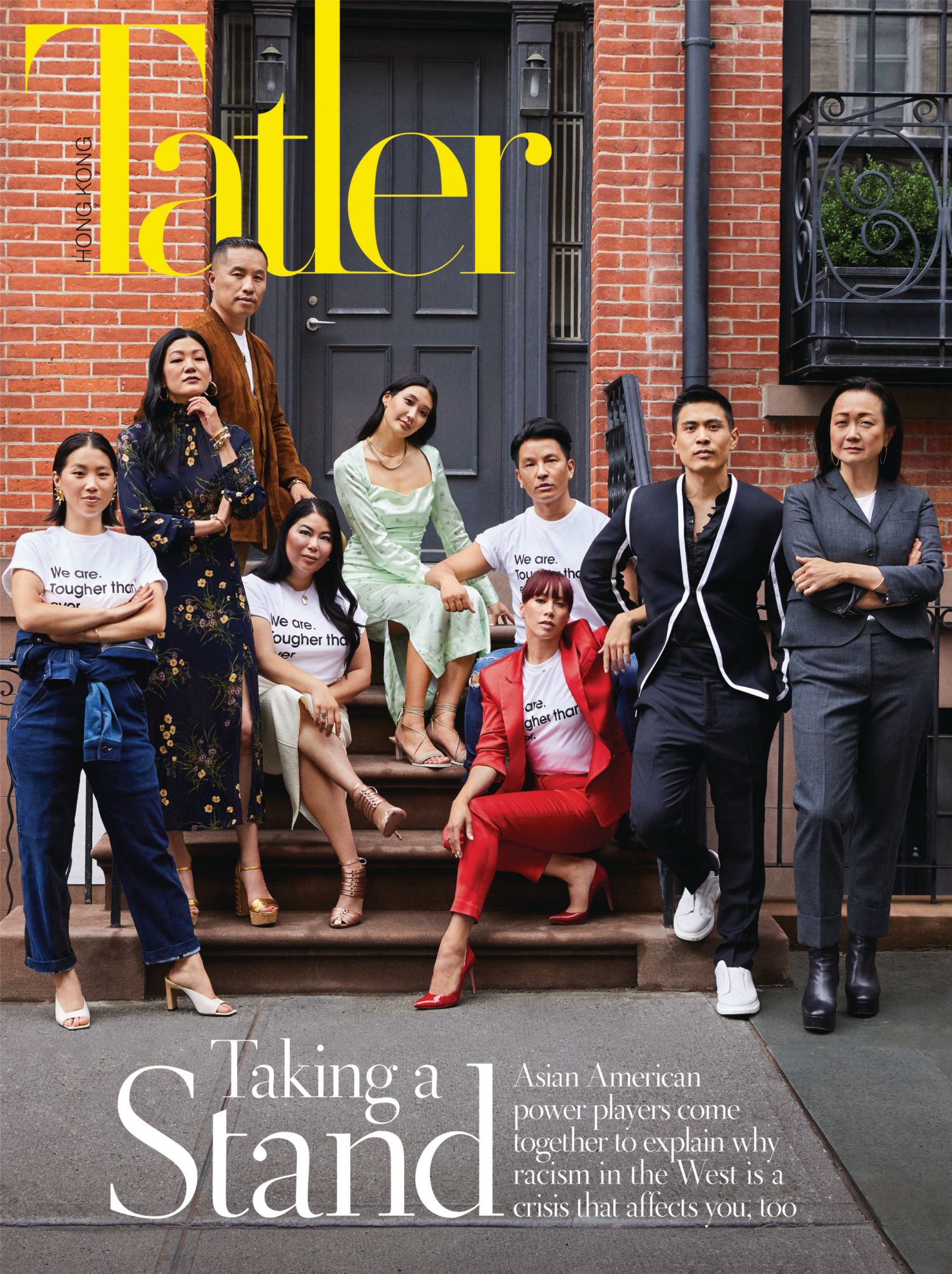The author of the 2017 novel Pachinko and a finalist for the National Book Award in the US says Asian representation in world literature should be changed
As part of the reporting for Tatler’s August cover story, we speak to Min Jin Lee, a finalist for the National Book Award for Fiction for her novel Pachinko, who shares her insights into writing the Asian experience and how Asian representation needs to be changed.

In 1976, seven-year-old Min Jin Lee and her family left South Korea for what her father believed would be “greater freedoms in the US”. Having lost his family in the Korean war, he wanted to protect his children from similar tragedy. And while the move brought many advantages, the decision has meant Lee has faced a different sort of battle throughout her life: racism.
Even now, as a globally celebrated author, she is still targeted for her Asian appearance and name. And, despite the recognition she has received for her work, particularly of her New York Times-bestselling, and National Book Award finalist 2017 novel Pachinko, she still struggles to make her voice heard. “It has always been challenging to write and publish about Asians in the English language, and though there are greater opportunities in the US today, it is still difficult for all writers of any [non-white] race to publish their work for a mainstream audience,” she says. “Anglophone Asians have struggled to represent ourselves and our respective communities of origin with accuracy.”


